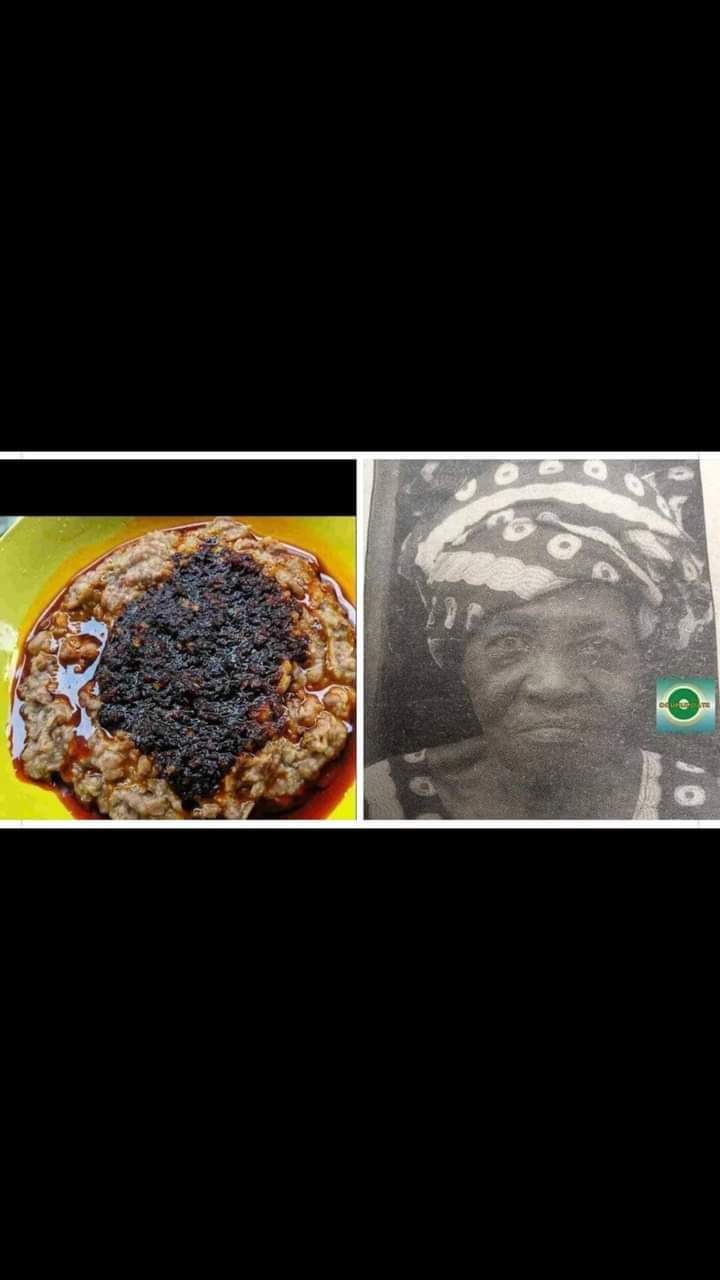
Sapon was extracted and coined from the word “Saponloore…. Se Apon loore” meaning; help the bachelors). Sapon was the meeting place where people, especially men who had not married used to go and eat delicious foods and drink in those days in Abeokuta. Sapon connects Ijaiye, Ago-Oba, Itoku, Lafenwa, Isale Igbein and Ake roads.
Many people were unaware of what led to the popular slang “Sebiotimo, elewa sapon”, literally meaning “Cut your coat according to your size”.
Now sit back and let me tell you.
There was actually a woman called Madam Janet Ewusi Odesola who was selling Beans at Sapon. Important personalities, Kings, Govt officials, Men, women and children loved her sumptuous cooked beans with stew, Ewa Pekule.
Madam Janet was born in 1925 and went to Methodist primary school, Ijoko Abeokuta. She was initially hawking dry fishes, before she forayed into cooked beans in 1951.
Her beans was selling very fast despite cooking a big bag of beans daily.
People bought with cash and when they were out of cash, they buy on credit.
It got to the point that the beans seller could not handle the credits anymore!
She devised a means of preventing people from buying on credit.
Whenever they came to her, she asked for money, if it was 10kobo they had, she sold 10k worth of beans.
If they beg for more beans on credit she told them, “SEBIOTIMO;” that is “cut your cloth…..”
With time, people got used to her new style. Before they asked for more, they already knew the response she would give.
As a result, the nick named her “Se biotimo, elewa sapon”.
More so, she only sold one big pot of beans per day, she did not cook extra. So when people asked her why she didn’t cook more, she would reply; “Mo se bi motimo ni”) meaning “I cut my cloth according to my size”.




